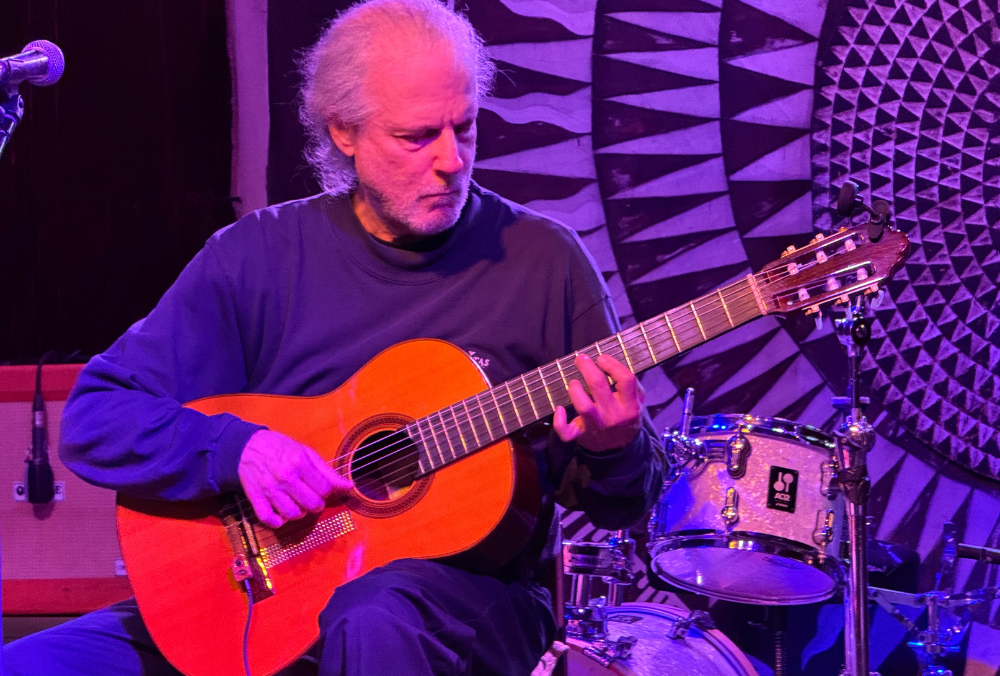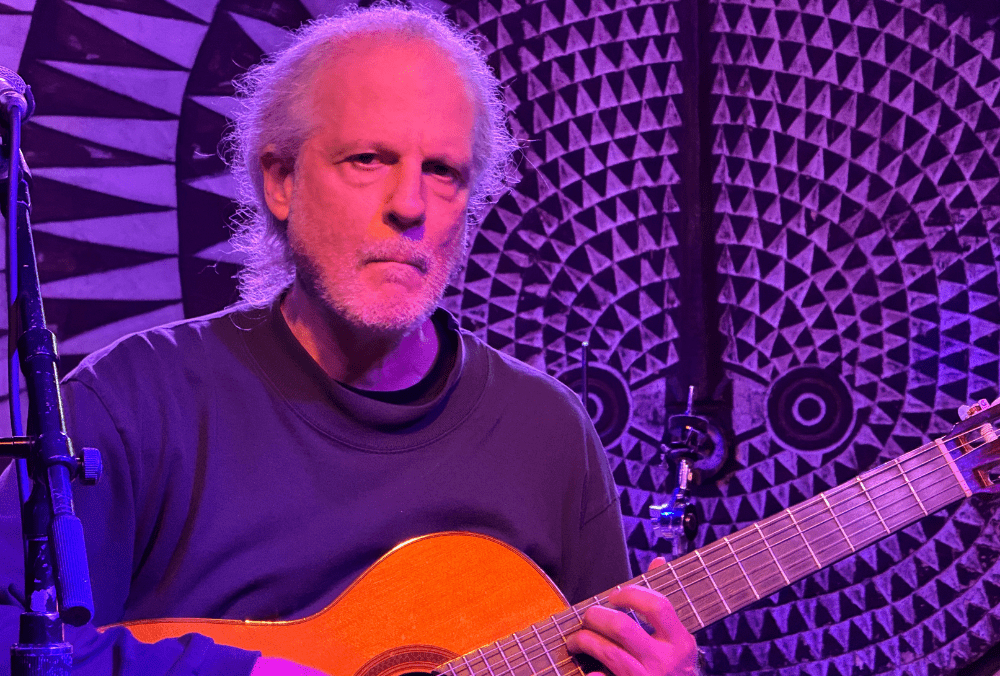Sandy Ortega doesn’t perform to be watched—he plays to be heard. At his recent set at Silvana, the Spanish guitarist brought no flash, no filters, no band. Just six strings, a stool, and the kind of quiet authority that silences a room without asking.
His playing leans into history—rooted in Andalucía but sharpened by New York’s edges. It’s precise, patient, and deeply physical. Each rasgueado lands like punctuation, each pause carries weight. Ortega doesn’t fill space—he carves into it.
He’s not trying to modernize flamenco or mold it to fit a trend. If anything, he’s holding the line. In a city where nuance often gets lost in the noise, Ortega’s insistence on acoustic purity feels like a kind of defiance. He plays without concession—and that’s exactly what makes his presence feel contemporary.
At The Shrine and other intimate venues like Silvana, he’s slowly building something. Not a following, but a relationship—with the rooms, the regulars, and the music itself. There’s no rush in his trajectory. He’s said he wants to play spaces like Carnegie Hall and Sony Hall one day. But it’s clear he’d rather take the long road if it means keeping the work honest.
His catalog is already deep—41 compositions and counting—each one crafted without lyrics, relying instead on texture, tension, and tone to tell the story. Ortega’s music doesn’t need translation. It bypasses interpretation and lands straight in the gut.
If you’re in New York on July 14, skip the algorithm. Go to The Shrine. It’s one hour. No openers. No effects. Just Ortega, a guitar, and a room full of people learning to listen again.


